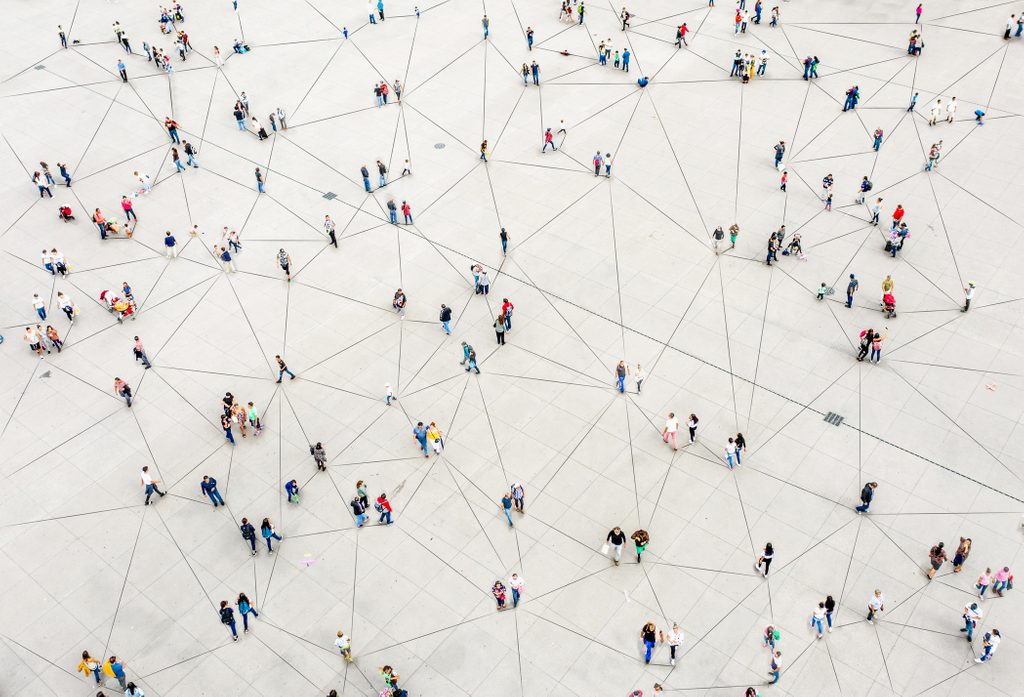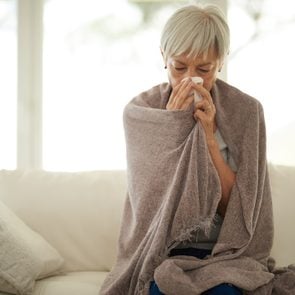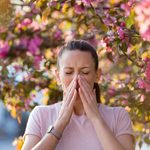These People Are at the Highest Risk for Coronavirus

Some people are at greater risk of severe illness and death from COVID-19. Here are the factors that put people at the highest risk for coronavirus.
So far, the new coronavirus seems to be an equal opportunity pathogen, at least when it comes to who gets infected. It doesn’t seem to single out certain groups or individuals. “There’s not a difference in risk of transmission that we know of,” says S. Wesley Long, MD, PhD, assistant professor of pathology and genomic medicine at Houston Methodist Hospital.
There is, however, a difference in who is more likely to get seriously ill or have a greater risk of dying from COVID-19. While 80% of people will have mild (or even no) symptoms, it’s thought that about 20% will get seriously or even critically ill. According to the Centers for Disease Control and Prevention, high-risk groups include older adults along with people who have serious chronic medical conditions.
That means 41 per cent of adults aged 18 and over are at high risk from COVID-19 either because of their age or an underlying medical condition, says a new report from the Kaiser Family Foundation.
People who are elderly
According to a report from the Chinese Center for Disease Control, people 80 and above with COVID-19 had the highest mortality rate, at 14.8 per cent, compared to an overall rate of 0.9 per cent in China at that time. Bear in mind, these figures are from February 17 and the numbers are changing rapidly. The mortality rate appears to rise dramatically after 65, says Dr. Long.
This is partly because as we age, the internal organs just don’t work as well as they used to, adds Dr. Long. It also has to do with the natural decline of the immune system over time. “As you get older, your immune system is not as potent as when you were young,” said Anthony Fauci, MD, head of the National Institute of Allergy and Infectious Diseases, at a March 13 news conference.
People who have heart disease
The Chinese report found that the mortality rate was 10.5 per cent in people with COVID-19 who also had cardiovascular disease. About 6 per cent of people with COVID-19 and hypertension (chronic high blood pressure) also died. “The virus has the potential to attack not only heart muscle, but blood vessels as well,” says Robert Glatter, MD, emergency physician with Lenox Hill Hospital, New York City.
According to the American Heart Association (AHA), 40 per cent of hospitalized patients with COVID-19 (people who are hospitalized are likely to have much more serious disease) had cardiovascular disease or cerebrovascular disease (such as stroke). The AHA also states that the virus may disrupt plaques (basically fatty deposits) that have built up in arteries. This would raise the risk of a heart attack. (Here’s how to boost heart health in general.)
People with lung disease
As experts feared, people with chronic respiratory disease have been more vulnerable to COVID-19: In China, 6.3 per cent of people who had an underlying respiratory condition died from the infection. The virus focuses its attack on the structures and tissues that are involved with breathing. Complications include “not only developing severe pneumonia, but ARDS [acute respiratory distress syndrome], which prevents lung tissue from being adequately oxygenated,” says Dr. Glatter.
Lung diseases that carry a higher risk of COVID-19 complications include asthma and COPD, or chronic obstructive pulmonary disease, which includes both chronic bronchitis or emphysema. (Smoking is the main—but not only—cause of COPD.)
“Asthma is definitely a risk,” says Dr. Long. “Asthmatics tend to have a slight impairment of lung function even when they’re not symptomatic. On top of that, for a lot of asthmatics, any sort of respiratory infection is a trigger for airway inflammation and for basically having an asthma attack.”
People with diabetes
Diabetes along with other endocrine disorders can also put people at risk of more severe illness or death from COVID-19. The report on cases in China put the mortality rate at 7.3 per cent in people with diabetes who had COVID-19. (Tom Hanks, who tested positive for the virus and is currently in isolation in Australia, has type 2 diabetes.) The risk is likely similar for both types 1 and 2 diabetes, says the American Diabetes Association.
“People who have diabetes also tend to have other underlying complications unless it’s beautifully managed which isn’t typically the case,” says Libby Richards, PhD, RN, associate professor at Purdue University School of Nursing in West Lafayette, Indiana. “Your body is already under stress. That just decreases your ability to fight infection.”
(Learn to spot the signs you might have diabetes.)
People taking immune-suppressing drugs
Anyone taking drugs that dampen the immune system is going to have more trouble fighting off COVID-19 and its complications. This includes people with HIV/AIDS, transplant patients, anyone taking high-dose corticosteroids, and cancer patients undergoing treatment, says the CDC.
“Most chemotherapies work by targeting rapidly growing cells and some of the most rapidly growing are blood cells,” says Dr. Long. And blood cells are critical to making sure your immune system works in high gear.
People with autoimmune diseases such as lupus or rheumatoid arthritis also need to be especially careful. The reason the newer biologic drugs work so well for these conditions is that they tame the overactive immune systems that are driving the diseases.
(These are the telltale lupus symptoms you should never ignore.)
People with other chronic conditions
People with any other form of chronic disease are also likely to suffer disproportionately. This includes chronic liver disease and chronic kidney disease, says the CDC.
“These conditions impair the body’s natural capacity to cope with infection,” says Dr. Long. People with long-term conditions also have impaired immune systems, the AHA adds.
People with other conditions
People with certain blood disorders, such as sickle cell anemia, and people who take blood thinners may be at higher risk for complications from COVID-19, says the CDC.
The National Institute on Drug Abuse also cautions that people who abuse drugs may be at higher risk, though we may not have enough tests results yet to confirm this. People who smoke tobacco or marijuana or who vape are already putting their lungs at risk, while opioids and methamphetamines put stress on the respiratory system. Add to that the increased risk of homelessness and incarceration which can up the risk of getting COVID-19. Next, find out how doctors are protecting themselves from coronavirus.






